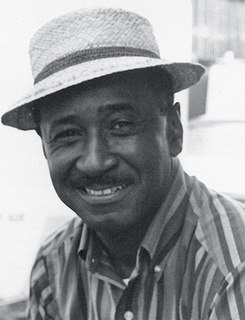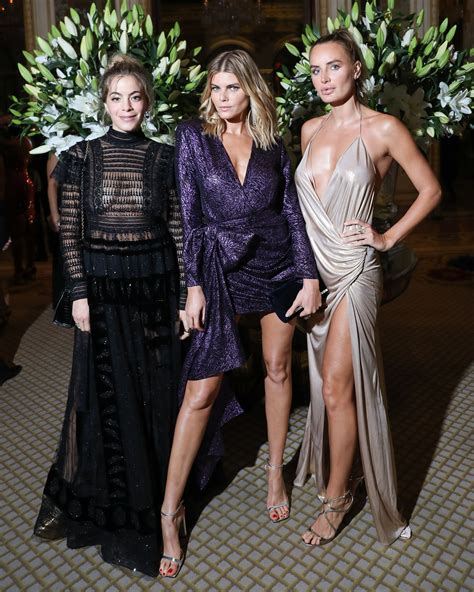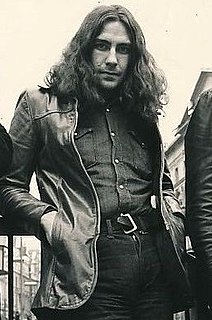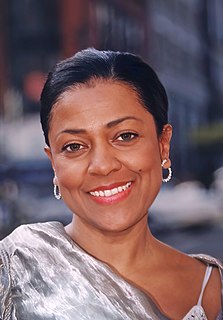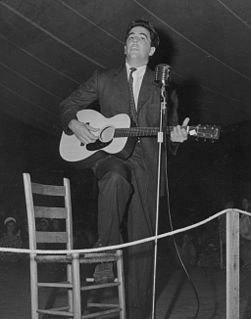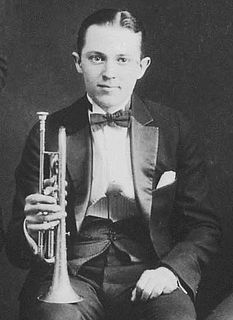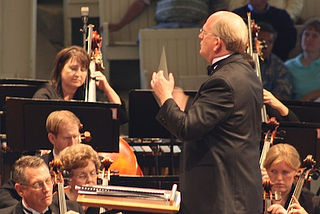A Quote by Albert Murray
Jazz music, as is also the case with the old down-home spirituals, gospel and jubilee songs, jumps, shouts and moans, is essentially an American vernacular or idiomatic modification of musical conventions imported from Europe, beginning back during the time of the early settlers of the original colonies.
Related Quotes
I grew up in a home filled with music and had an early appreciation of jazz since my dad was a jazz musician. Beginning at around age three I started singing with his band and jazz music has continued to be one of my three passions along with acting and writing. I like to say jazz music is my musical equivalent of comfort food. It's always where I go back to when I want to feel grounded.
When I did the Abyssinian mass, I went through the whole history of the church music and the gospel music, even with the Anglo American hymns, the Afro American hymns, the spirituals and how it developed, up to Thomas Dorsey and the Dixie Hummingbirds, going through the history of the music, jazz musicians.
In the United States, many people said you can't have folk music in the United States because you don't have any peasant class. But the funny thing was, there were literally thousands, tens of thousands, hundreds of thousands of people who loved old time fiddling, ballads, banjo tunes, blues played on the guitar, spirituals and gospel hymns. These songs and music didn't fit into any neat category of art music nor popular music nor jazz. So gradually they said well let's call it folk music.
The music certainly plays a major role. You can be free enough to comfort each other, to touch each other, to embrace each other, to engage each other, to not be afraid of each other. The music certainly has that very strong element. Go back to folk songs, gospel, jazz, and spirituals. See, all of that came out of tremendous pain and hurt, rejection, loss, alienation, and abandonment. What I'm doing is I'm expressing my pain and hope at the same time.
If anybody was Mr. Jazz it was Louis Armstrong. He was the epitome of jazz and always will be. He is what I call an American standard, an American original. ... I merely took the energy it takes to pout and wrote some blues. ... I don't need time, I need a deadline. ...There are two kinds of music. Good music, and the other kind. ... Music is my mistress, and she plays second fiddle to no one.
I remember when I was 5 or 6 years old, gospel music felt familiar, like I had heard it in the womb or something. A lot of those old gospel songs still give me that feeling, that it's older than time and there's actually music that can tap into a universal subconscious, or whatever word you want to put on it.
I visited New York in '63, intending to move there, but I noticed that what I valued about jazz was being discarded. I ran into `out-to-lunch' free jazz, and the notion that groove was old-fashioned. All around the United States, I could see jazz becoming linear, a horn-player's world. It made me realize that we were not jazz musicians; we were territory musicians in love with all forms of African-American music. All of the musicians I loved were territory musicians, deeply into blues and gospel as well as jazz.
Jazz is musical humor. The noun jazz describes a modern American technique for the playing of any music, accompanied by noise called harmony, and interpolated instrumental effects. It also describes music exhibiting influence of that technique which has as its traditional object to secure the effects of surprise, or in the broadest sense, humor.
Bill Monroe spoke of bringing 'ancient tones' into his music with echoes of British and Irish fiddle and bagpipe music, while also delving deeply into American blues, gospel, folk hymnody, and hill country dance music. To that gumbo, he added the invigorating rhythms and harmonies of hot jazz. It was a new kind of American music, named in honor of his band The Blue Grass Boys to be known, simply, as bluegrass.
